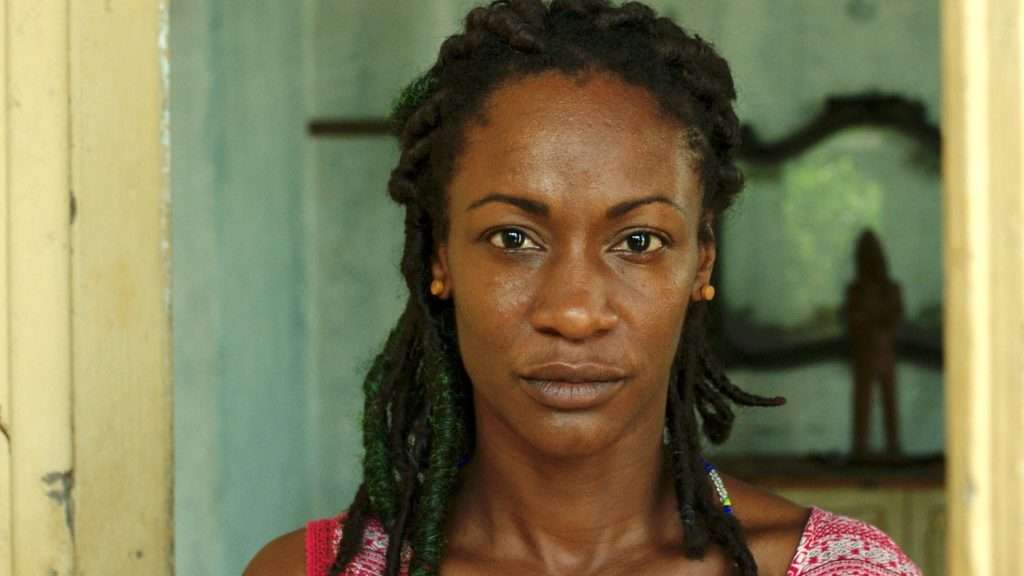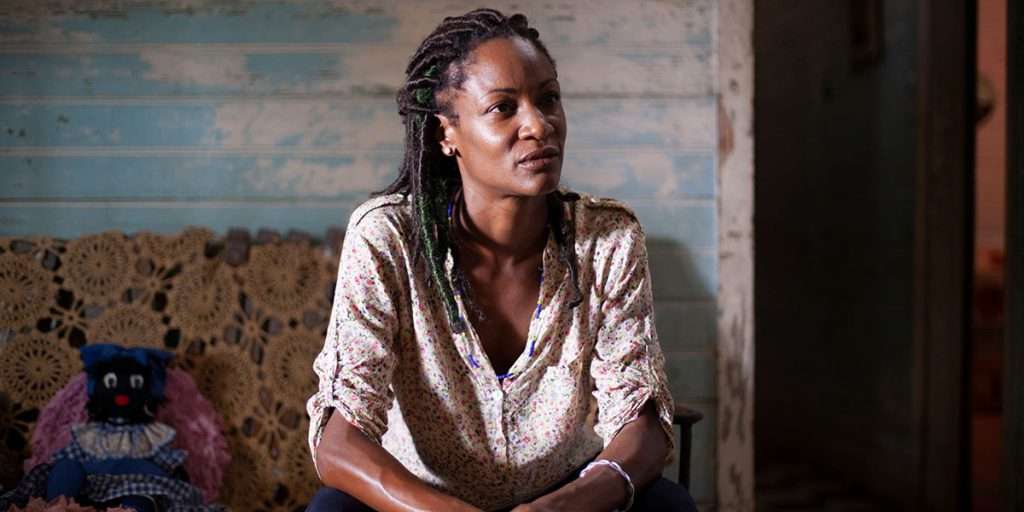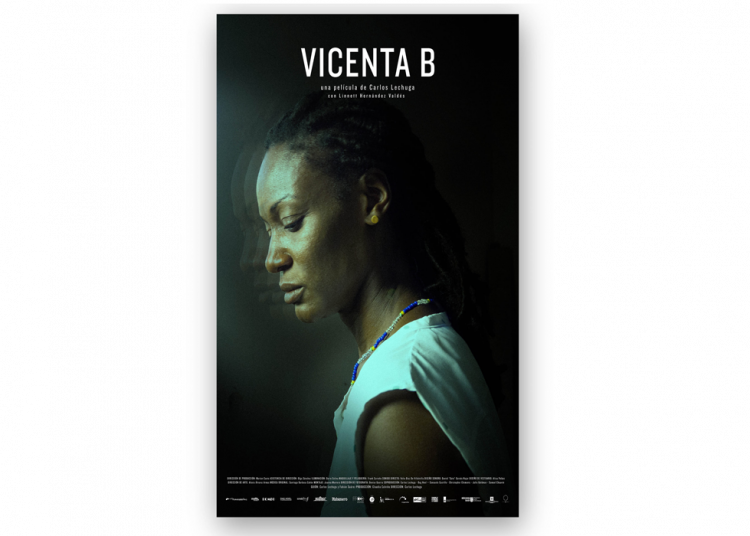In art, as in life, generalizations are risky. They simplify, blur, often hide the essential. Thus, it is rash to say that such a novel is that of the Mexican Revolution, that more than any play explains a social movement as elusive as Peronism, or that bolero summarizes the sentimental position of the Latin lover.
Thus, it is inaccurate, incomplete, to say that Vicenta B., the most recent work by Carlos Lechuga (Havana, 1983), is the film of Cuban disenchantment of this hour.
Vicenta, who practices divination through the complex of beliefs of Afro-Cuban religious syncretism, sees the family disintegrate. She lost her marriage because, in the opinion of her ex, she lavished herself on the mission of providing “light” to others so that they could find a good development, and she did not take care of the home, understood as the sum of the closest affections. He, he says while talking, was there, but she couldn’t see him.

Now, at the time of the narrative, which is set in 2017, her only son, Carlitos,1 leaves the country. He is part of the incessant stream of young people who leave the archipelago in the hope of finding a better destination that will allow them, at the same time, to satisfy their expectations of economic improvement and to help relatives who have been left behind in precarious conditions.2 Vicenta did not foresee this; neither with her arts could she twist fate’s arm. The result: she has been left all alone, in the middle of her magical universe. And she begins to lose faith in what she thought was the reason for her life, which is to say losing her strength, her ability to anticipate events, to dialogue with the beings, now sullen, now magnanimous, that populate that area, between sleep and wakefulness, which is her world.

For more ardor, our character errs the prediction that a young woman has requested. Vicenta tells her that everything is fine, that there are good days and bad days, but that in essence the letters do not reveal greater evils. The girl commits suicide, and that immense weight falls on her shoulders to sink her deeper into pain and despair.
We will advance the plot up to here. The film, which has not yet had its commercial release, has had a good tour of international festivals. So far it has been seen in Toronto, San Sebastián, Biarritz, Ceara and Goa; today, October 15, it will have its screening at the Chicago International Film Festival.
More than archetypes, Vicenta B. presents characters. It is a work in an intimate key that, in my opinion, does not intend to develop thesis or enunciate ideological discourses. They are beings in their circumstances. And those circumstances correspond to those of a good part of the population of the country in crisis that is Cuba. There is no picturesqueness or folkloric flavor. Those who are amazed that, due to its rhythm in the montage, the sober style of the performances or the lack of “beauty” in the photography does not resemble a Cuban film, start from assuming a stereotype of the national that good art tends to deny again and again.

The old man who simulates an illness is just that, an old man who pretends. Tata, Vicenta’s godmother, is, like herself, a fallible being, who confesses that more than once she has been plunged into discouragement. Carlos, the ex, is shown as a sad man who, apparently, still has feelings for Vicenta, despite the fact that she has rebuilt her life….
At a time of such political sensitivity, it is easy for possible readings of the film to run amok down the road of the allegorical. And the thing is that Cuba’s hardship is such at this moment, the social environment so tense, that everything alludes to it; any gesture, any image, any phrase seems loaded with political meaning.
Vicenta B. (2022) is the third fiction feature film by Carlos Lechuga. It is preceded by Melaza (2012) and the controversial Santa y Andrés (2016), not yet released in Cuba.

Vicenta… is a suggestive, well-cared piece that says a lot with very few resources. In it, the performance of Linett Hernández Valdés, in the leading character, the photography of Denise Guerra and the edition of Joanna Montero stand out; Claudia Calviño was in charge of production.
The story may seem local, but it has all the empathic elements that ensure universal reach, since it speaks of recognizable human conflicts that concern us all. It is not the film of Cuban disenchantment, but a Cuban film about disenchanted beings.
With Vicenta… Carlos Lechuga marks a rising point in his career. Since it is not a complacent film or one that is expressly politically aligned, it will also be controversial. But art is for that, among other things: to plunge our hands into reality, to tear the shadows, to show us in all our contradictory complexity, to feed with beauty — and Vicenta B. is a film that holds a great load of unconventional beauty — the days’ stake.
***
Notes:
1 The name corresponds to that of the director, who also had a fortune teller grandmother.
2 According to data from the Center for Democracy of the Americas (CDA), around 178,000 Cubans have arrived in the United States so far in 2022. The figure exceeds the sum of emigrants to this country during the 1989 Mariel exodus and the 1994 rafters crisis.










